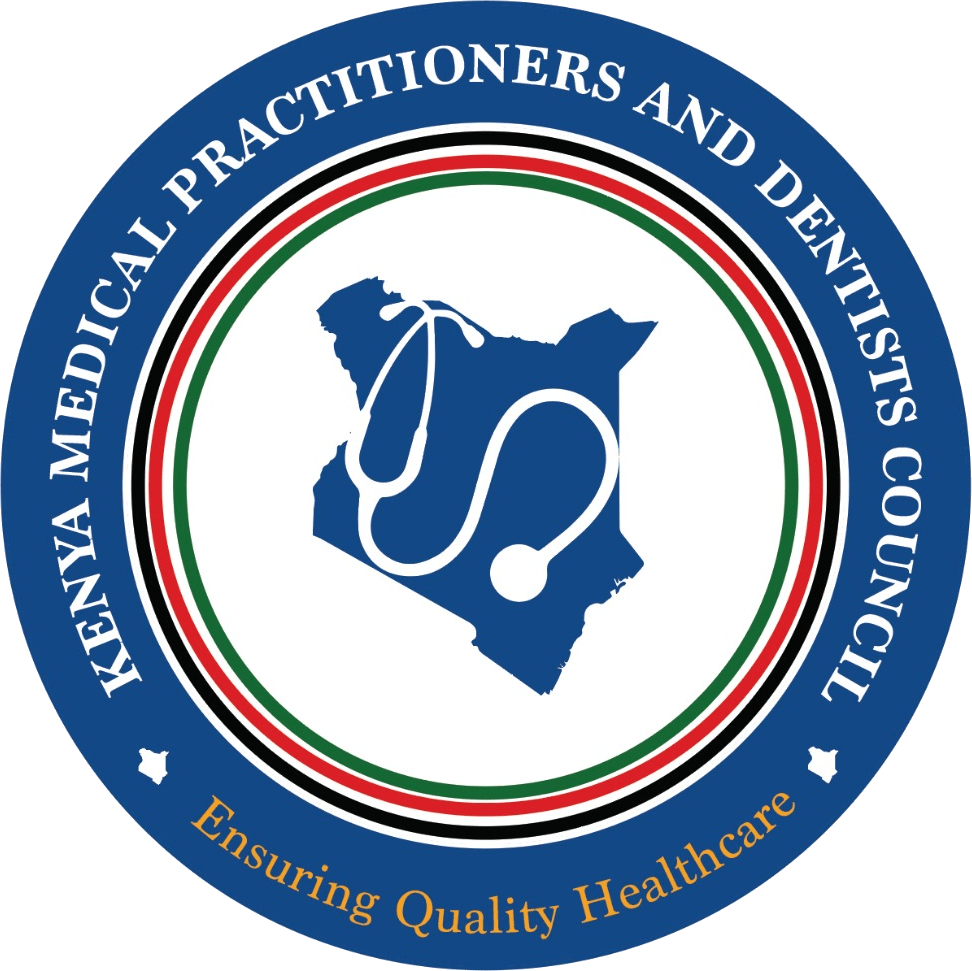Sep 19, 2025
Ending on:
Dec 31, 2025
Moderator(s):
Consultant Paeditrician
Defence Forces Memorial Hospital
Max Credits:
3 Points
Provider:
Defence Forces Memorial Hospital
Claim Points
Approach to Management of Seizures in Childhood
Sep 19, 2025
Dec 31, 2025
Defence Forces Memorial Hospital
Description
Seizures are one of the most common neurological emergencies in paediatrics, presenting across a wide spectrum from benign, self-limited events to life-threatening emergencies. The etiologies, diagnostic approaches, and management strategies differ significantly from adults and vary by age group. For clinicians, distinguishing an epileptic seizure from a non-epileptic event, initiating appropriate first-line management, and developing a rational long-term plan can be challenging. This Continuing Medical Education (CME) activity is designed to provide a structured, evidence-based framework for clinicians evaluating and managing children with seizures. The session will focus on sharpening diagnostic skills, including accurate history-taking and interpretation of diagnostic studies like EEG and neuroimaging. Participants will gain confidence in managing acute seizure emergencies, including status epilepticus, and making informed decisions on the selection and monitoring of anti-seizure medications (ASMs). Furthermore, the activity will cover crucial topics of patient safety, comorbidities, and when to refer for surgical evaluation. This program is essential for paediatricians, family physicians, emergency medicine physicians, neurologists, and advanced practice providers who care for children.
Objectives
Presenters
-
Dr.
Edward Wasike
Consultant Paeditrician
Defence Forces Memorial Hospital

